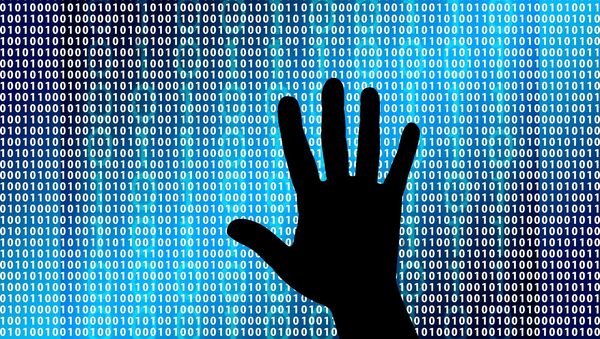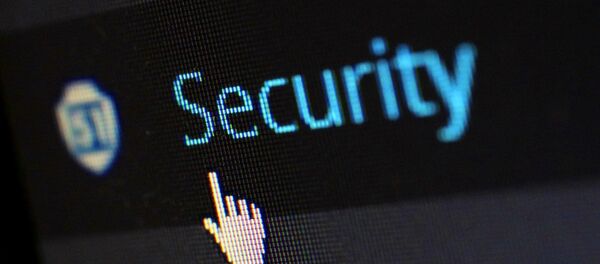Amy Adams, of the ruling center-right National Party, said there had been 89 criminal charges, including seven people jailed, since new anti-cyberbullying laws came into force. There had also been three home detentions, five community work sentences, one community detention, and one supervision sentence, according to Stuff.co.nz.
"I'm very proud of the legislation we have," Adams said earlier this year. "I've actually been a little surprised at the number of prosecutions there have already been under the act."
The various cases include several notable prosecutions.
A Hamilton man, who filmed his 16-year-old partner having sex with him and uploaded the video on Facebook, was jailed for a year in May.
Christchurch resident David James McBain who sent a threatening text and intimate photos to the new partner of a former lover was sentenced to nine months in jail.
"That tells me the law is working to weed out and punish the worst offenders. And it's protecting victims," Adams said.
The so-called Harmful Digital Communications law, aimed at prosecuting cyber-bullying was put in place in July 2015. It followed the prominent Roast Busters scandal, in which a group of teenage boys intoxicated and gang-raped underage girls, boasting about the crimes online.
Despite an obvious need for the law, there was initial controversy. Critics of the law claimed that it could be used to curtail free speech. "It says that you cannot offend somebody. So, for instance, would the Flight of the Conchords' song Albie the Racist Dragon be offensive if it was communicated online?" Act Party leader David Seymour asked, at the time.
"This Bill will help stop cyber-bullies and reduce the devastating impact their actions can have by simplifying the process for getting abusive material off the internet in a quick and proportionate way," Adams said.
Currently, penalties for an offence under the Act include fines of up to $50,000, a maximum of two years in jail, or up to $200,000 for a group.


